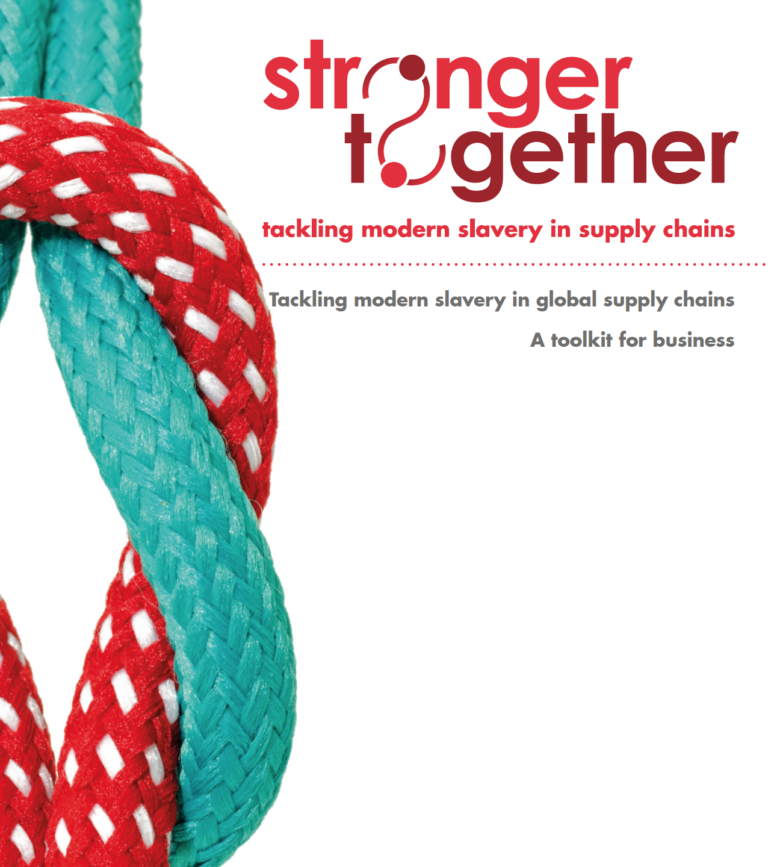A common anti-trafficking plan to address the risks of trafficking in human beings and support potential victims among those fleeing the war in Ukraine
GuidanceAs of 6 May 2022, over 5.4 million people have arrived in the European Union since the beginning of the war in Ukraine on 24 February 2022. The vast majority of the persons fleeing Ukraine are women and children. Over 13,000 unaccompanied and separa...Read More

